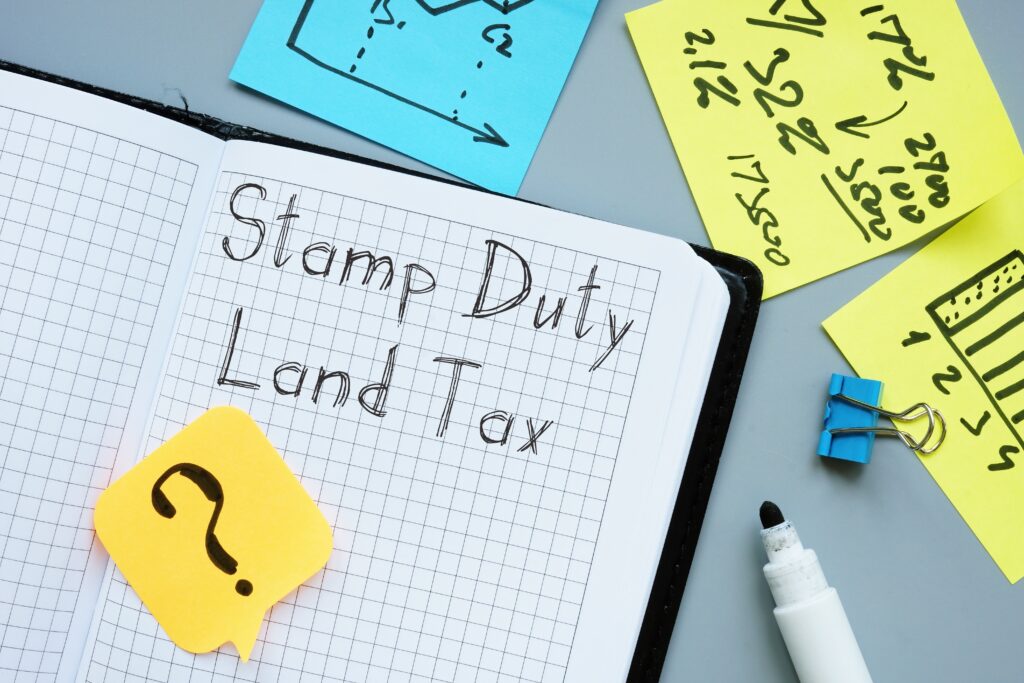Under the Limitation Act 1980 (“the Act”), a claim can be “time-barred” if the claimant fails to bring the action before the Court within a specified period of time. If a claim is “time-barred”, it is possible for the defendant to raise this as a complete defence to the claim and, therefore, to escape liability. This is known as the “limitation defence” and, if successfully argued, will mean that the Court must decide the case in the defendant’s favour; unless one of the very limited counterarguments can be used.
The period of time within which a claim must be brought depends on the cause of action(s) and the specific facts of each case. However, generally speaking, a claimant has 6 years to bring an action relating to simple contracts or certain actions in tort (sections 5 and 2 of the Act, respectively) and 12 years for actions on a specialty (for example, for breach of an obligation contained in a deed (section 8 of the Act)).
The date on which the limitation period starts to run, or accrues, depends, again, on the cause of action and the specific facts of each case. However, generally, it is the date on which the cause of action accrues. For contract claims, this date is the date of the breach of contract. For negligence claims, it is the date on which damage is suffered, the damage or loss being an element or constituent part of the cause of action for negligence.
When we are approached by potential clients seeking our expert legal advice, some of the first questions we will ask them is when the action/omissions complained of took place and what actions/omissions have taken place between that date and the present. We will also ask what actions/omissions have taken place before the date complained of and whether the proposed defendant or opponent are likely to agree that this is the case. The specific dates in question are important to ensure that we can accurately calculate the limitation period’s expiry date and to determine whether any interim events have occurred which might allow the opponent to argue that an alternative date applies.
For those who are concerned that their claim might be fast approaching its expiry date, it is vital that expert legal advice is obtained ASAP to ensure that you fully understand your options. These options will be incredibly time-sensitive; but, may include:
- Issuing proceedings on the claim to stop the time from running;
- Formally agreeing an extension or suspension of time with the other party under what is known as a standstill agreement;
- Applying to the Court for a disapplication of the limitation period if the claim relates to defamation law or malicious falsehood;
- Raising arguments which relate to alternative causes of action; qualifying acknowledgments; or mistake in order to change the date that applies;
- Seeking a remedy through the ombudsman process rather than via the Courts, as different time periods may apply.
If your delay has been caused by COVID-19, it may be possible (in defamation or malicious falsehood claims) for the Court to take this into account when considering the equitability of a disapplication order under section 32A of the Act. However, this will depend on the specific facts of each case and is something that our expert legal advisers can assist you with. If your claim does not relate to the law of defamation or malicious falsehood, it may still be possible to request that COVID-19 be taken into account; however, this is something that our lawyers will assess on a case-by-case basis.
For old debts that may appear to be over 6 years old and time barred, it is worth checking with us as the clock can restart if there has been a part payment of an old debt or an acknowledgement is owed and the debtor agreed to pay it.
If you need advice or assistance relating to the above, please contact one of our dispute resolution legal experts on drteam@herrington-carmichael.com.
This reflects the law at the date of publication and is written as a general guide. It does not contain definitive legal advice, which should be sought as appropriate in relation to a particular matter.








